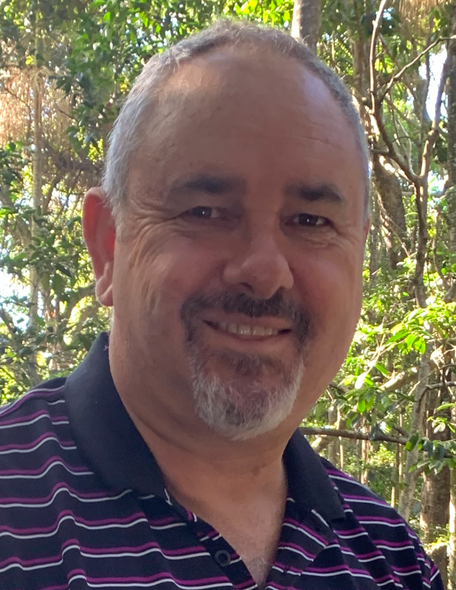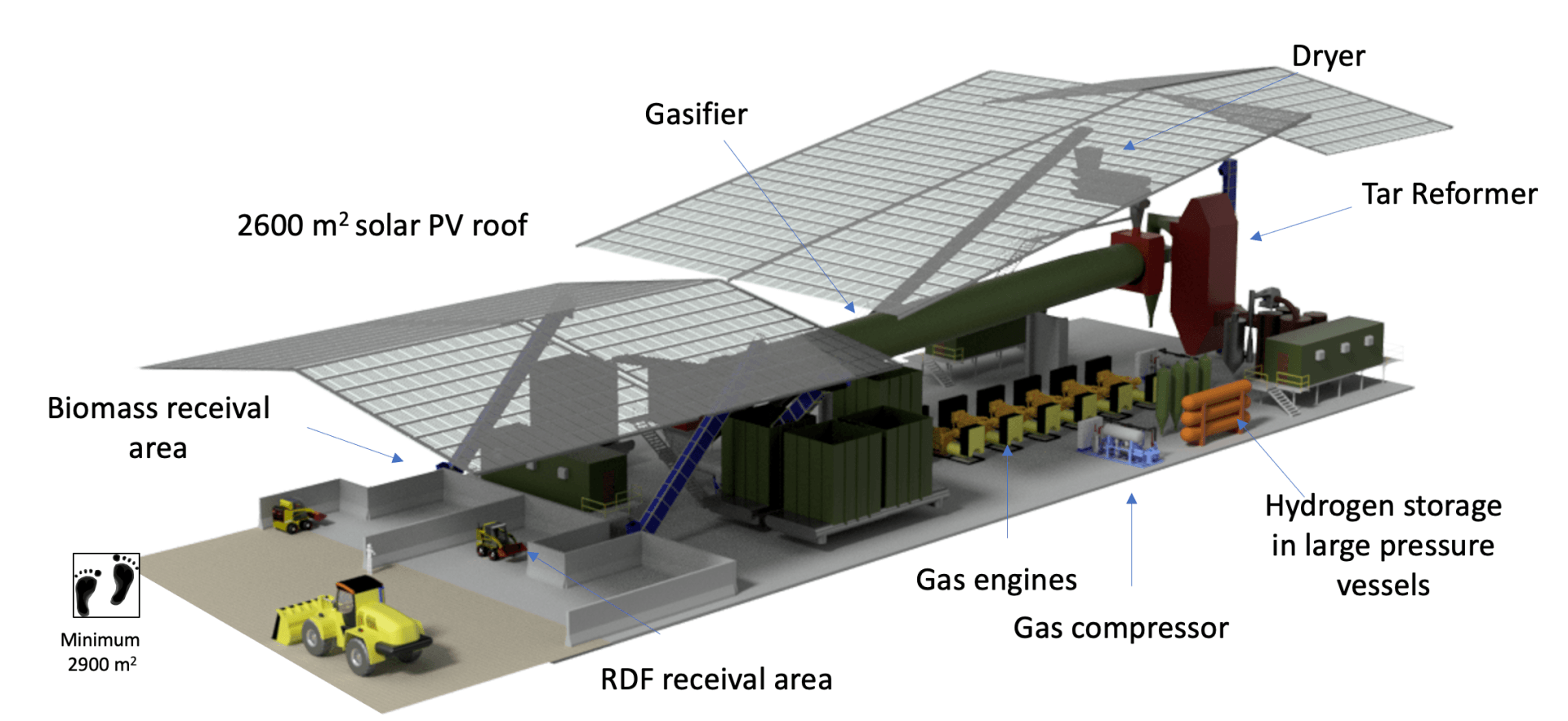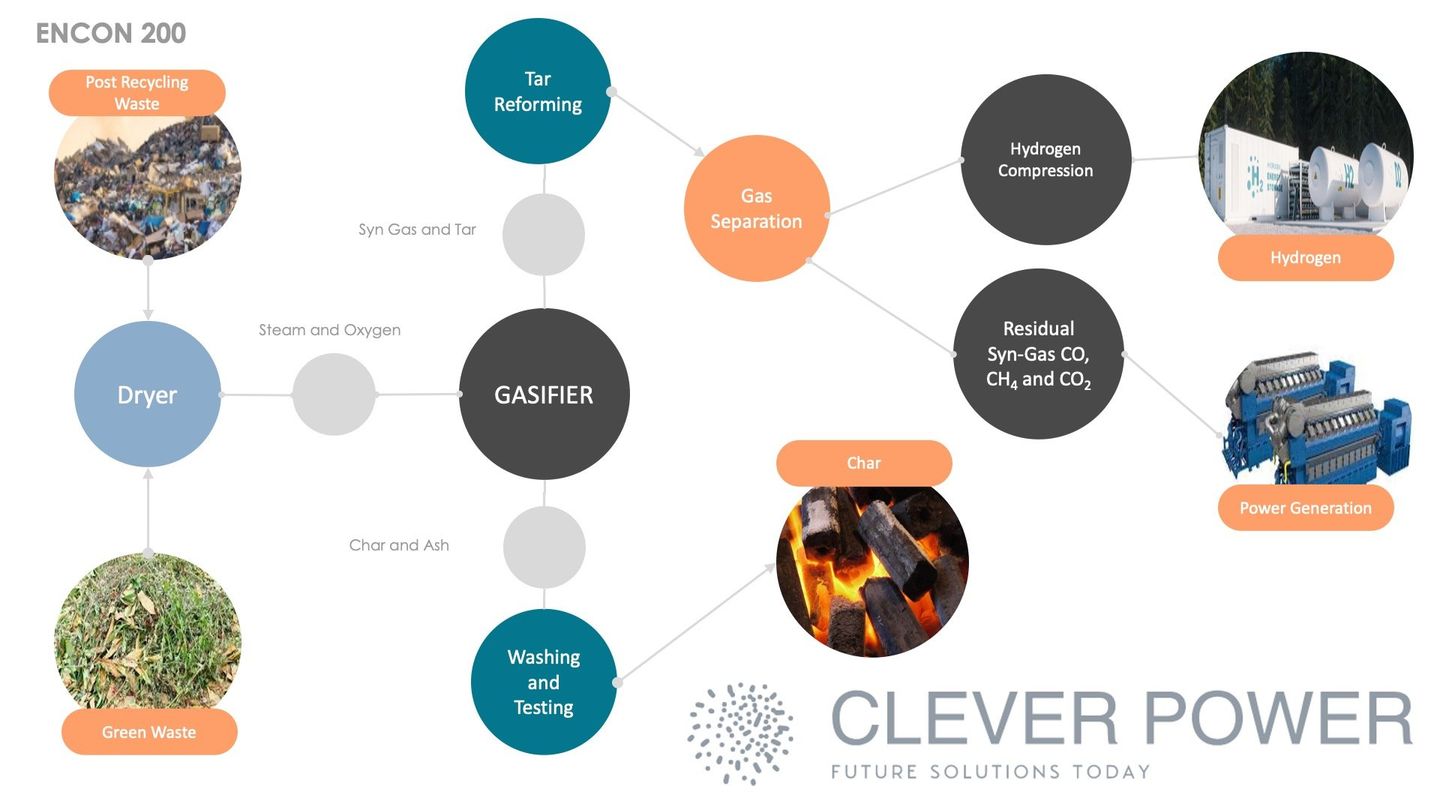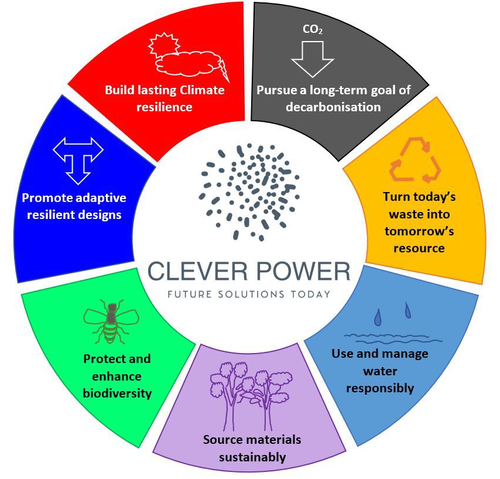Recovering Hydrogen for Urea, Nutrients for Organic Fertiliser and Power
from Biomass and Waste
Clever Power is an Australian company focused on new ways to utilise waste.
Powering the Circular Economy
Clever Power's Vision
The design process begins with a standard plant model, like the ENCON200 shown in the video above. This design will be customised to your energy needs.
Working with our team of engineers and scientists, Clever Power helps you recover resources from your waste. Our focus is on converting waste into new products whilst minimising energy loss, thus powering the circular economy.
“We drive the new use of waste by asking ourselves one question – “What if we use our waste to generate useful products?”
Notes from the Founder

The ENCON200 aims to convert waste commercially and safely into hydrogen, nutrients, electricity, and local heating and cooling.
Our main goals are to convert waste that can be diverted from landfill . We immediately can reduce CO2 equivalent emissions from those landfills.
Most of the energy we produce is secured from renewable sources. In spite of the non-renewable contamination, the net impact is very positive towards the goal of de-carbonising our future energy demands.
David Cork





